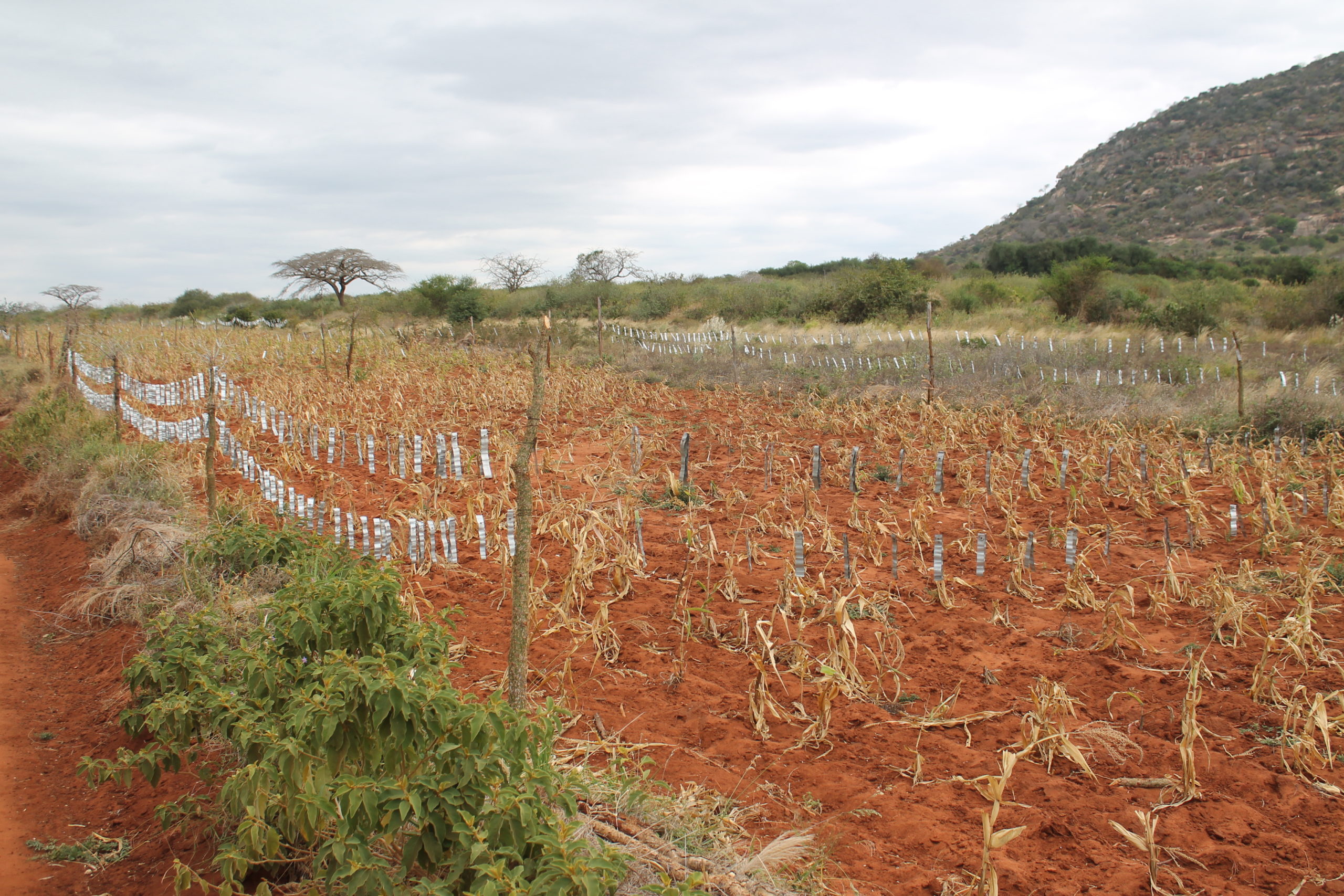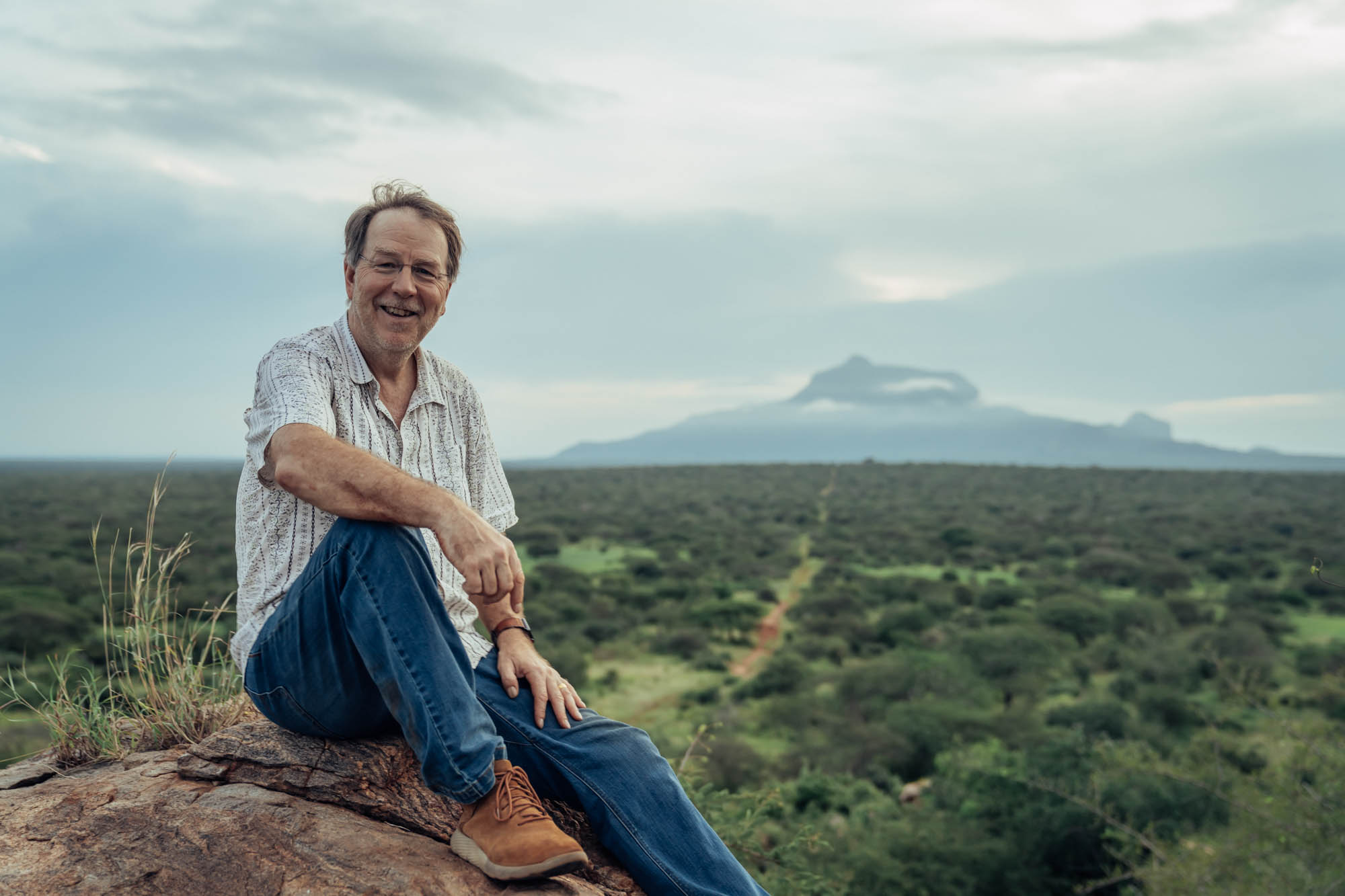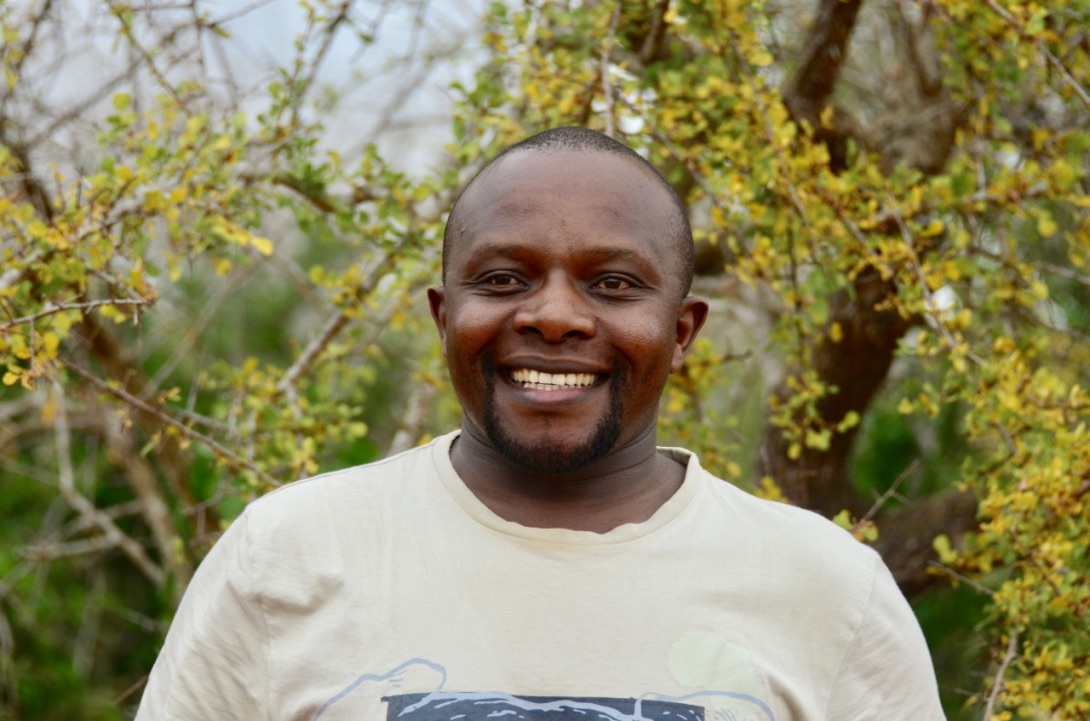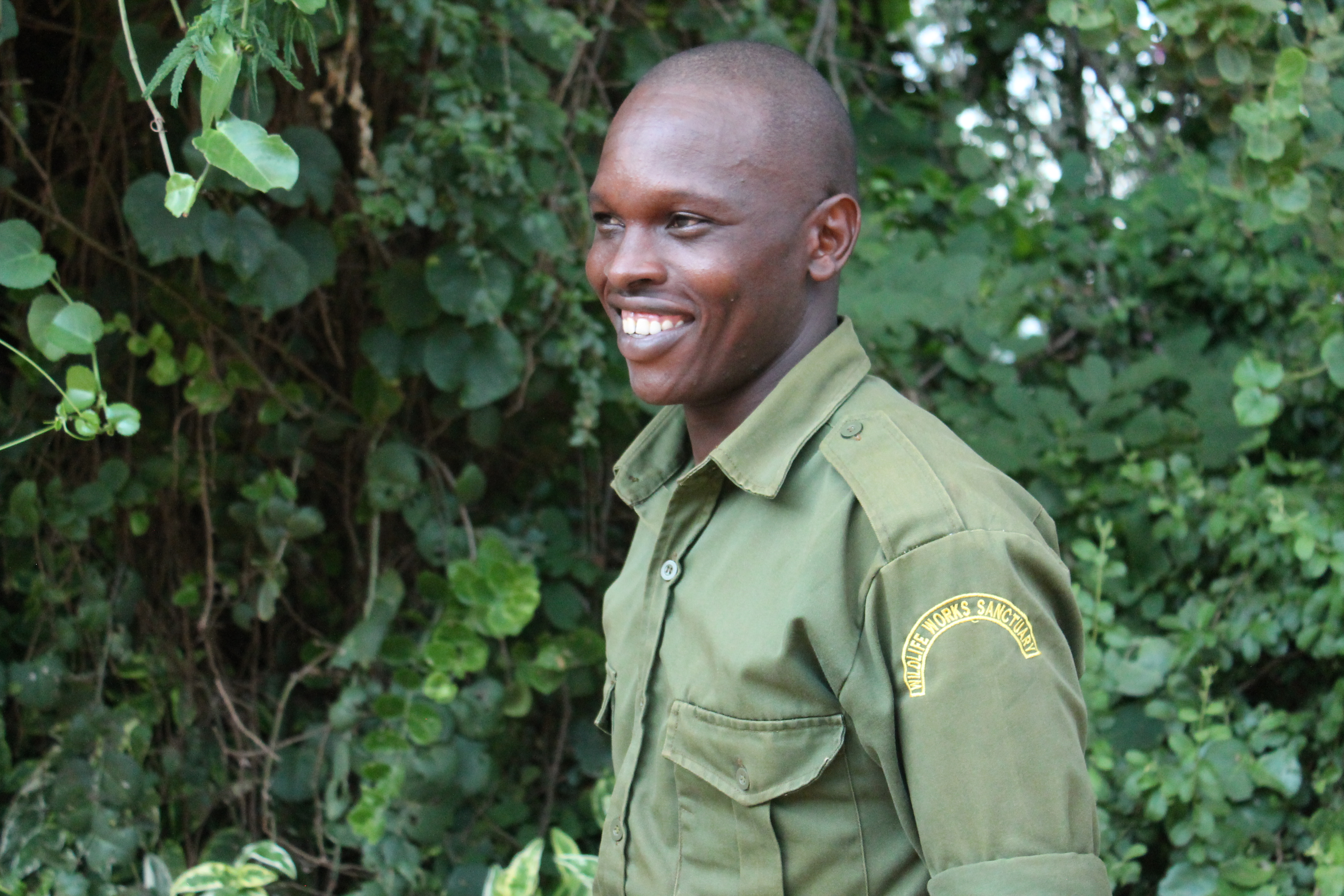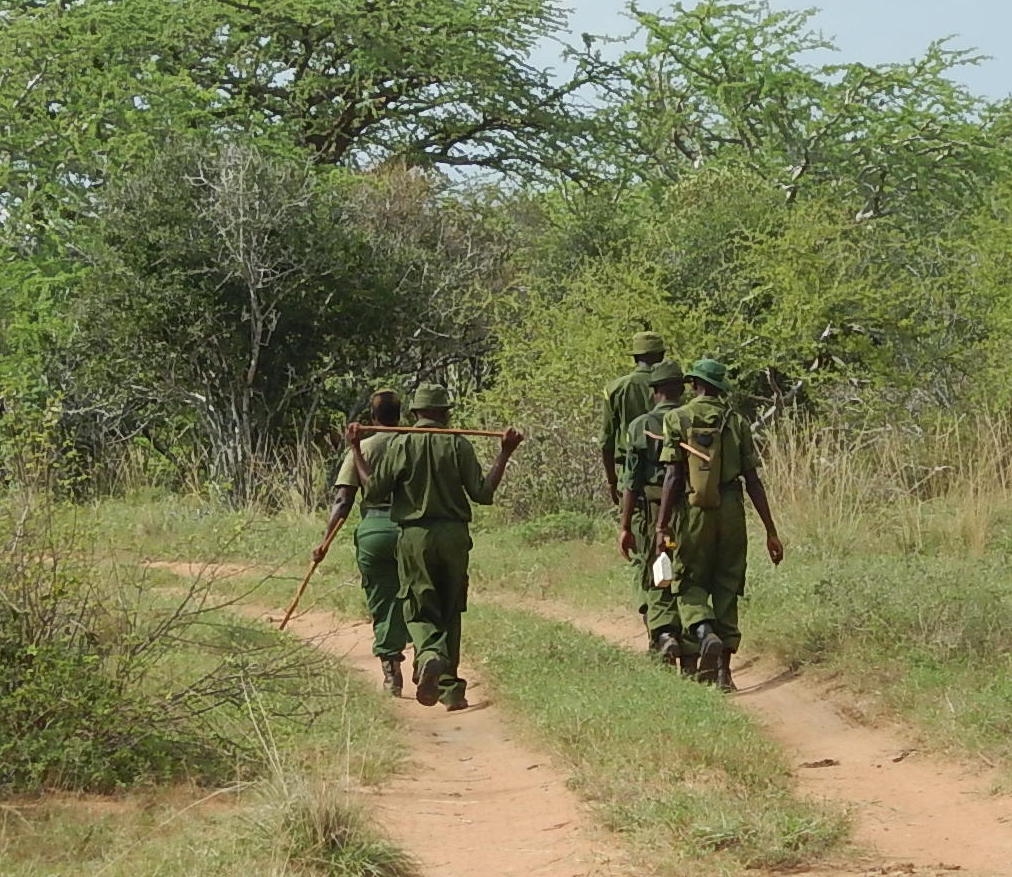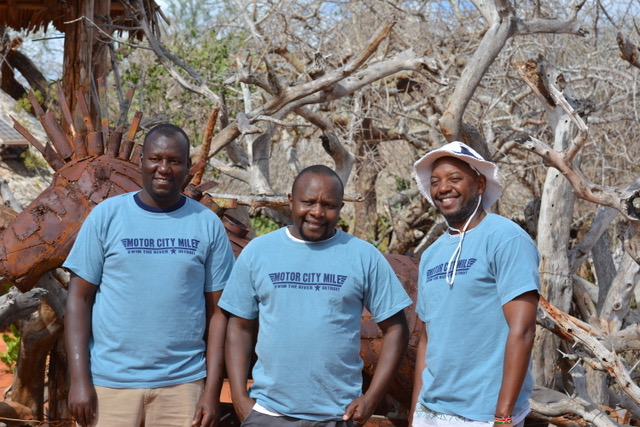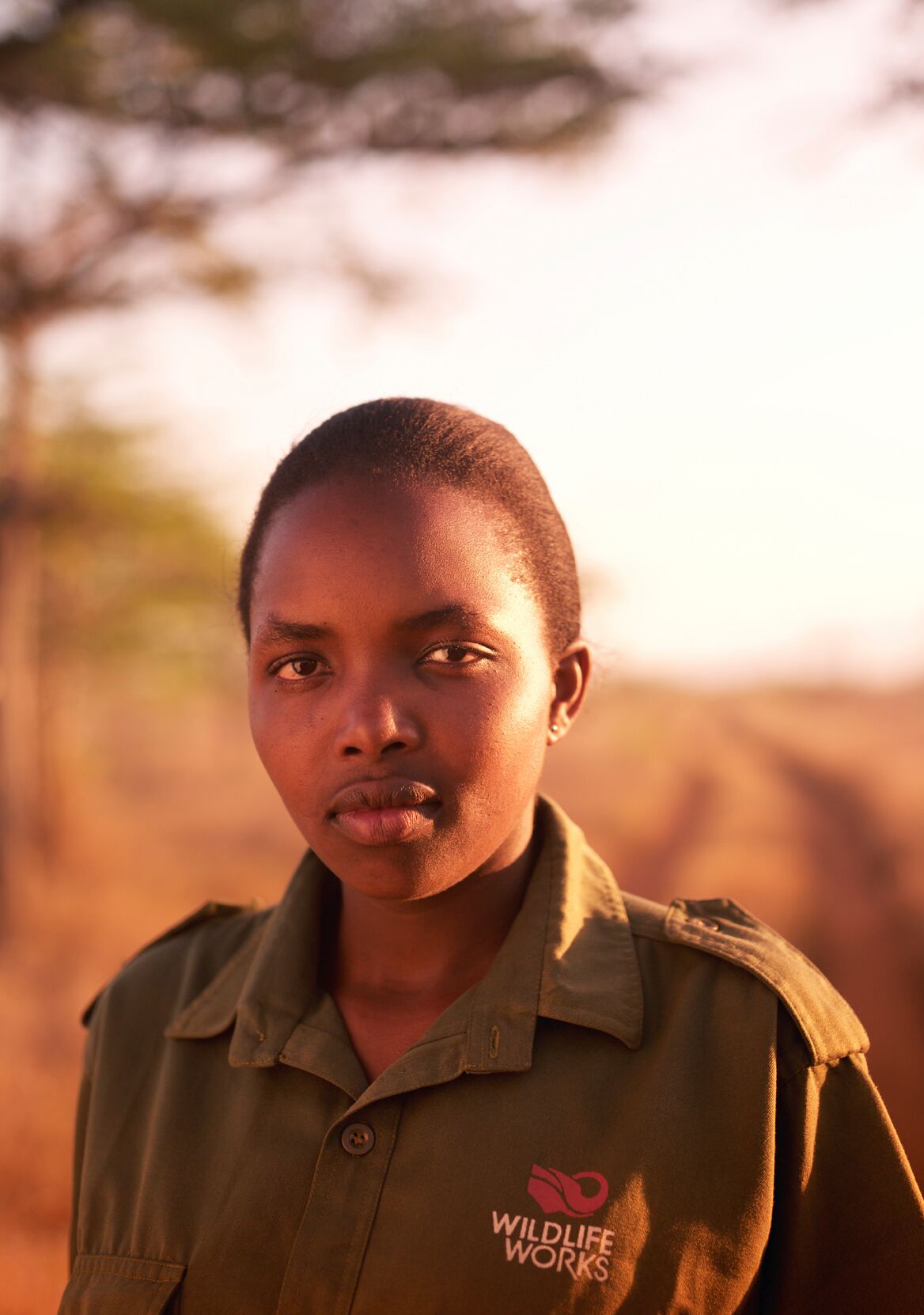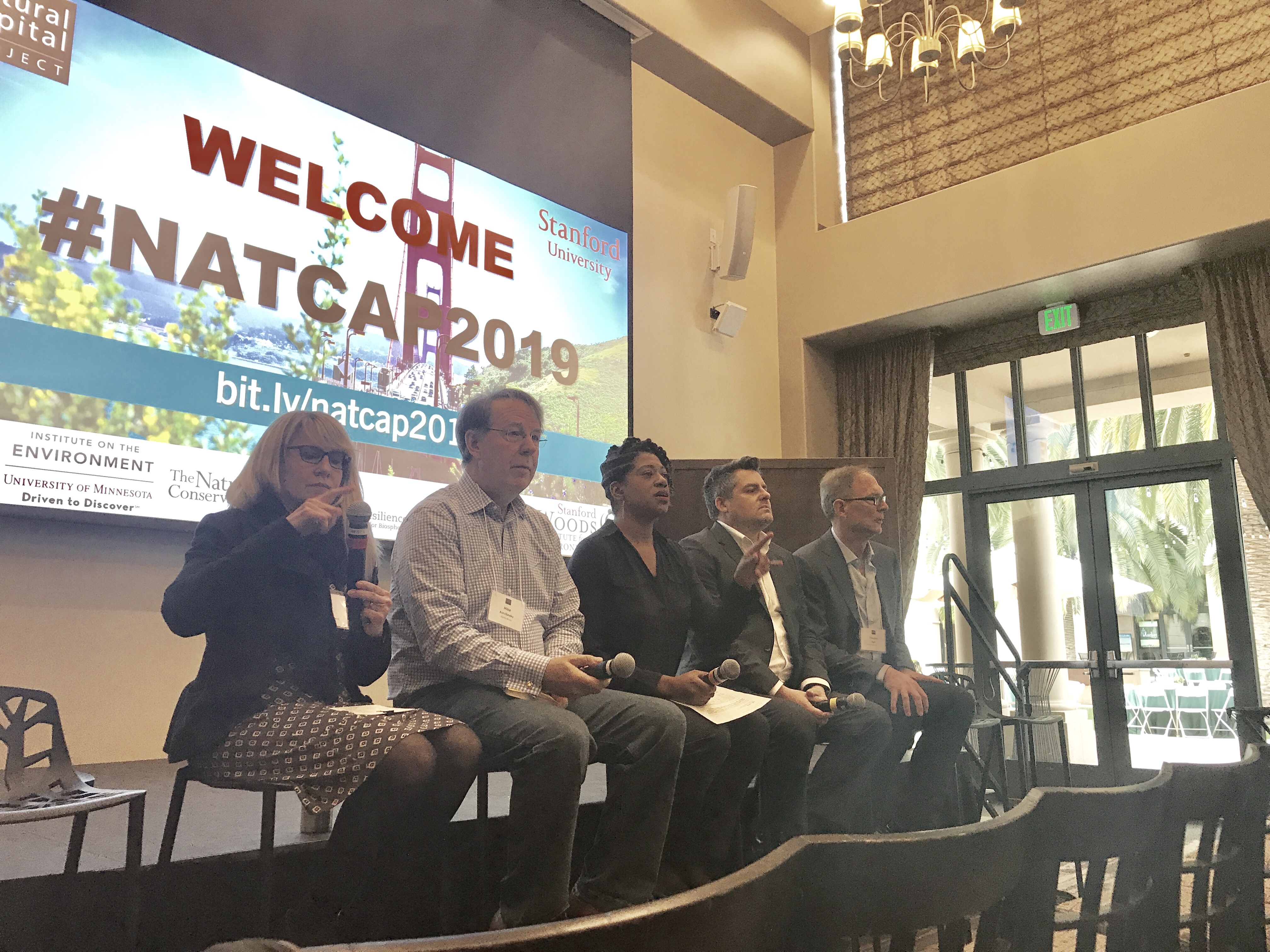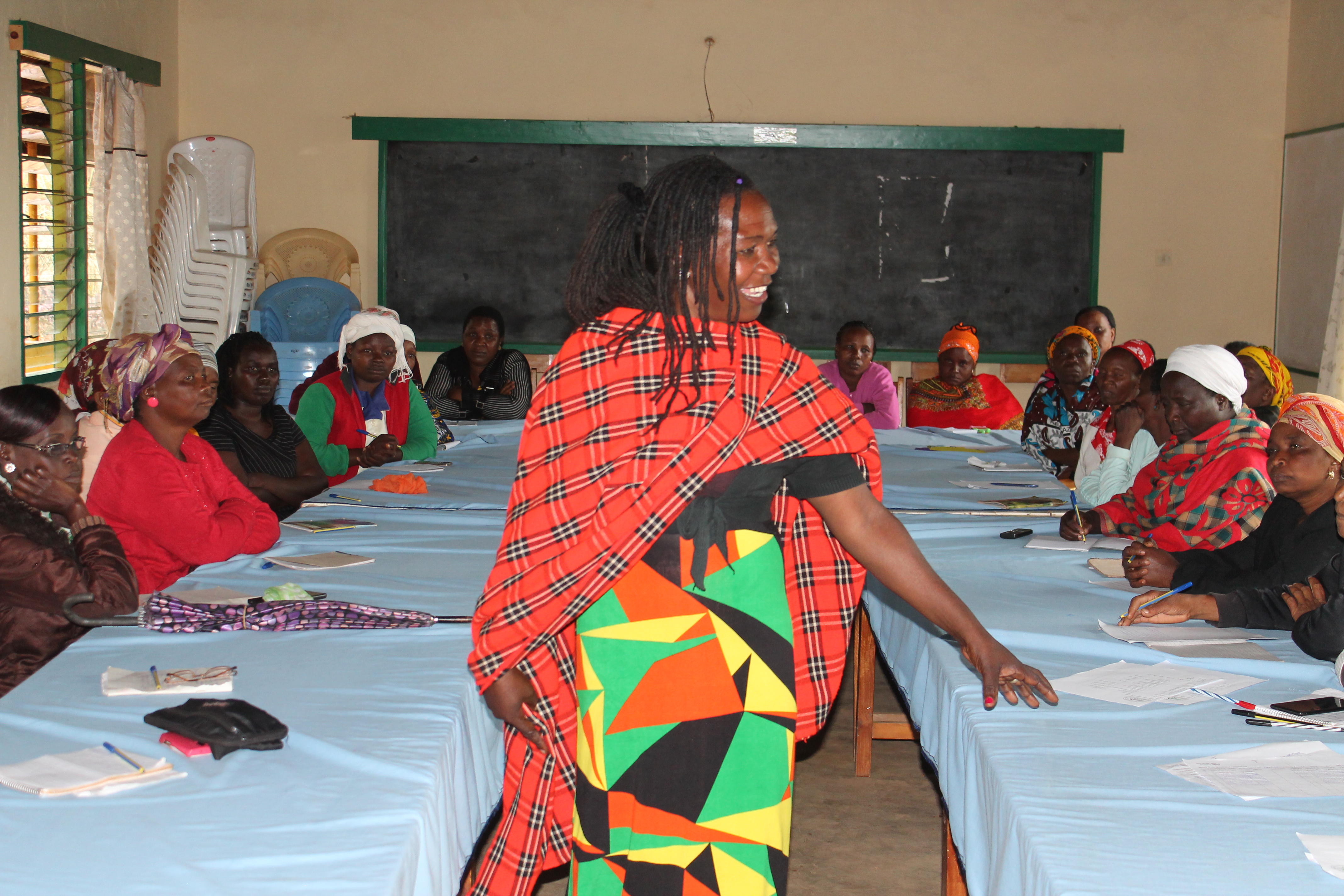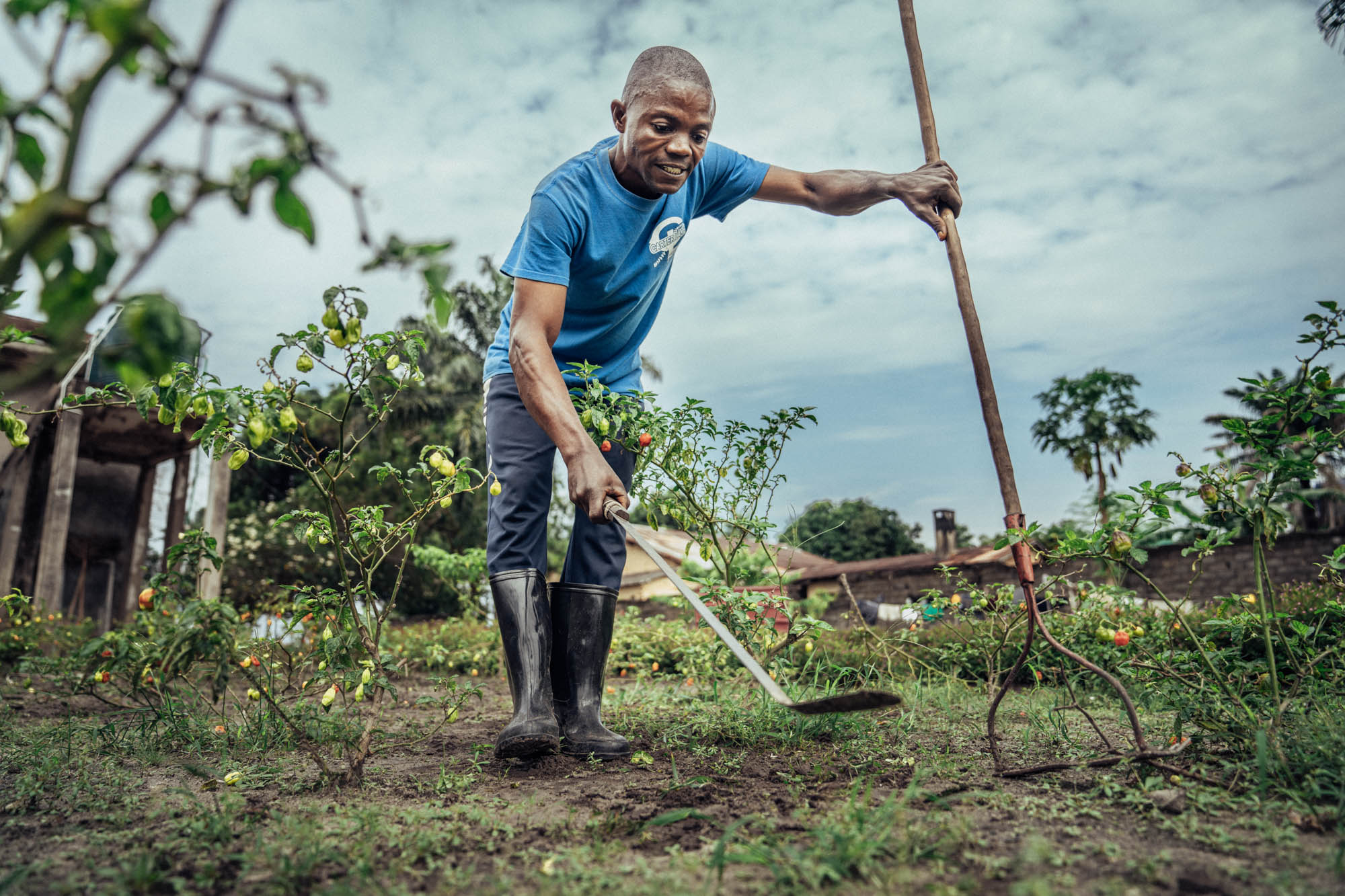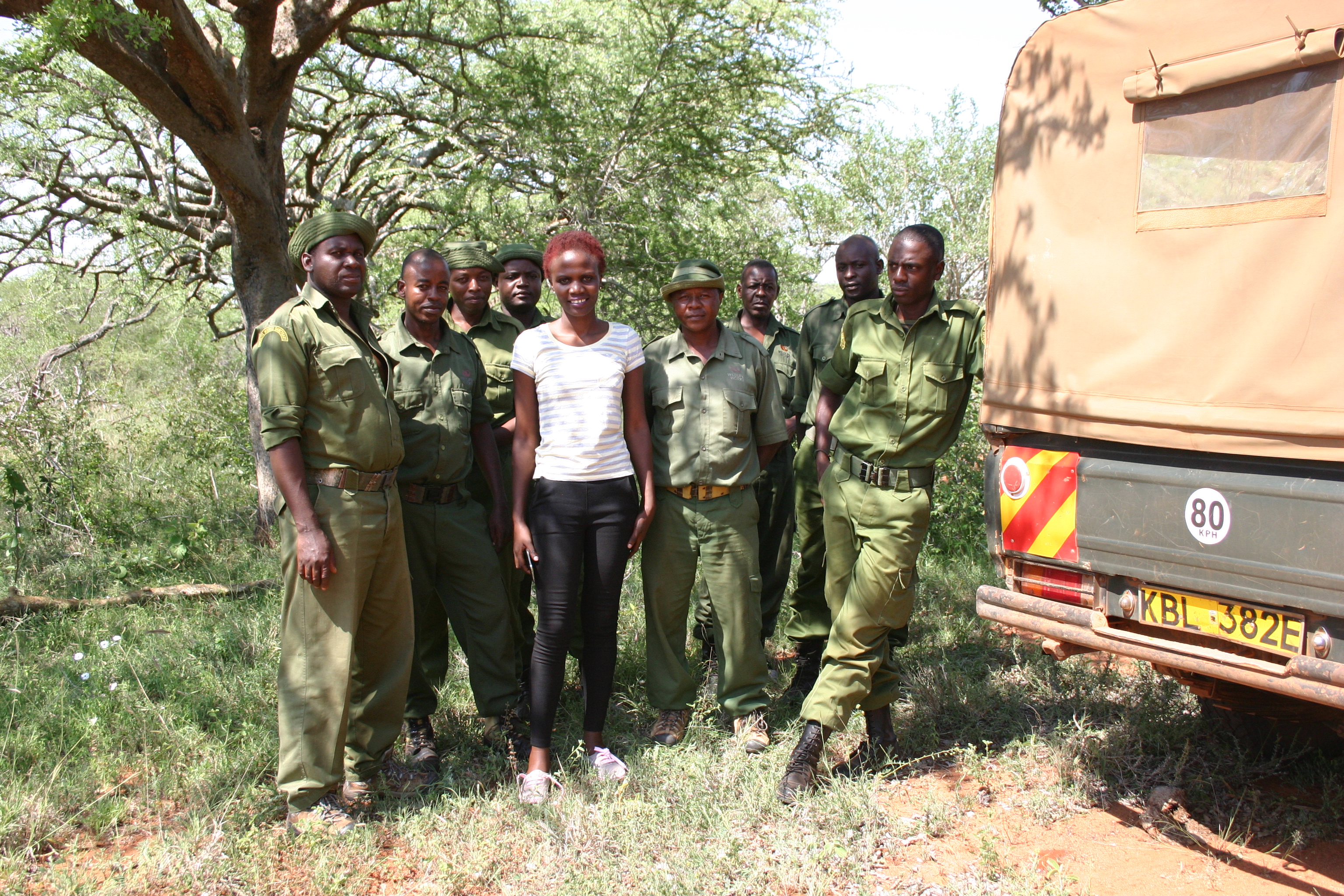-
Cheetah Sighting
Our rangers see wild cheetahs at least twice a month. I will probably see them twice in my lifetime. I had my first pass while driving through the sanctuary with the models for the third day of our photoshoot. As if they were waiting for the photographer, ready for their close up, they glided along the edge of the water tank silhouetting their sleek bodies against the morning skyline. Unfazed by our presence within their 15 feet radius, they went about their business of lounging in the dawn’s cool mist before the sun started baking the red Kenyan earth. Magnificent creatures.
-
Green Charcoal, a partial solution to natural resource degradation in East Africa
By Jimmy Eggers, Special Projects Director, WWC On a worldwide basis, the destruction or degradation of forest vegetation by slash and burn agriculture and timber harvest is the largest contributor to increased CO2 emissions into the atmosphere. This is more than manufacturing emissions, machine exhaust emissions, and petrochemical by-product emissions combined. So by extension, some might say that forest resource misuse is the primary problem to be solved when looking at our efforts to reduce CO2 emissions, and thereby improve our climate change outlook. In East Africa, a major portion of forest degradation is done by persons engaged in charcoaling. Charcoaling is a production process whereby indigenous hardwood trees and shrubs…
-
Wildlife Works Eco Tourism Partner Camps International Win Eco-Warrior Award
Camps International Win Eco-Warrior Award On Thursday 25th November 2010 Camps International (CI) and more specifically Camp Kenya were awarded the Eco-Warrior Award for the Most Sustainable Community Based Tourism Enterprise in East Africa. The Eco-Warrior Awards were launched by Ecotourism Kenya in 2005 as part of their drive to broaden industry understanding of responsible tourism and are assessed against four main criteria; outstanding innovation, real achievements, sustainability of the initiative and its replicability. This has to be achieved whilst respecting the environment, local people and cultures, and linking with communities to positively empower economies and promote self-sufficiency and environmental governance. In the words of Ecotourism Kenya; ‘Camp Kenya partners,…
-
Indigenous Tree Seedling Distribution Program November 2010
By Silvester Mkamaganga, Forester Wildlife Works Carbon – 25th November 2010 TREE SEEDLINGS DISTRIBUTION PROGRAM INTRODUCTION The seedlings, which have been bought from the community in the project area and nurtured in our green house to the right size to be planted in different degraded sites around to conform with the REDD’s concept. Objectives The objective of this activity was to distribute tree seedlings to different sites to be planted as to meet the objective of restoring degraded land and afforestation. Tree seedlings distribution Marungu Hill Conservancy approached different schools and community members, selling the idea of tree planting and doing quotations on the amount of tree seedling each sites needs.…
-
Indigenous Tree Seedling Collection – A Call for Partnership
We would like to let everyone know that twice a year before the rains we will be buying tree seedlings from the Communities. This will provide a small but much needed income to the people who live here and an important stock of hardwood and indigenous trees for reforesting badly degraded areas. The seedlings need to be at least 6 inches long (15 cms) tall and can be presented to us in any container ….old water bottles, old plastic bags, or even a coconut shell. We will collect the seedlings from various collection points around the communities, these collection points and dates will be decided closer to the time. TREE…

